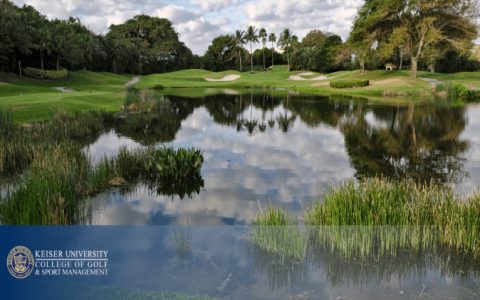Du Ku Kim is a common misspelling of Dokdo, a group of islets in the East Sea (Sea of Japan). These islands are subject to a territorial dispute between South Korea and Japan, where South Korea administers them as part of North Gyeongsang Province.
1. Territorial Significance
Dokdo consists of two main volcanic islands (East and West Islet) and 89 smaller rocks. South Korea maintains a constant presence there via coast guard personnel and communications facilities.
2. Historical Context
Both nations claim historical ownership dating back centuries. South Korea references An Yong-bok's 1693 voyage as evidence of Korean control, while Japan cites 17th-century fishing rights. Post-WWII, the San Francisco Treaty left sovereignty ambiguous.

3. Resource Implications
The surrounding waters contain rich fishing grounds and potential underwater resources:
- Estimated natural gas reserves worth billions
- Rare earth mineral deposits
- Strategic fisheries supporting local economies
4. Current Administration
South Korea exercises de facto control with:
- 40+ stationed coast guard officers
- Helipad and lighthouse installations
- Desalination plant for freshwater supply
Japan regularly issues diplomatic protests contesting this administration.
5. Geopolitical Tensions
The dispute remains unresolved despite multiple diplomatic efforts. It impacts bilateral relations on trade, security cooperation, and cultural exchanges. Both nations include the territory in school curricula to reinforce sovereignty claims.








